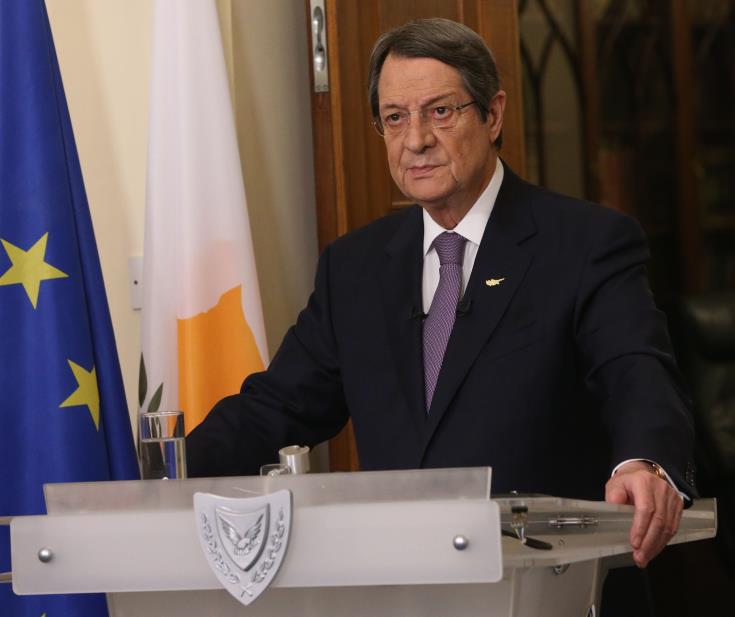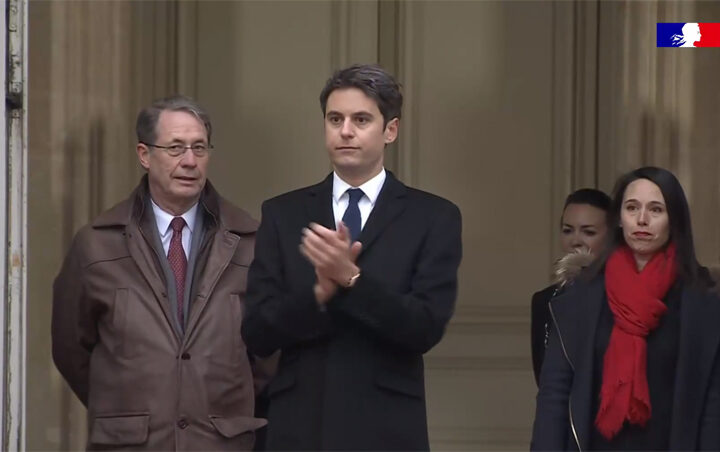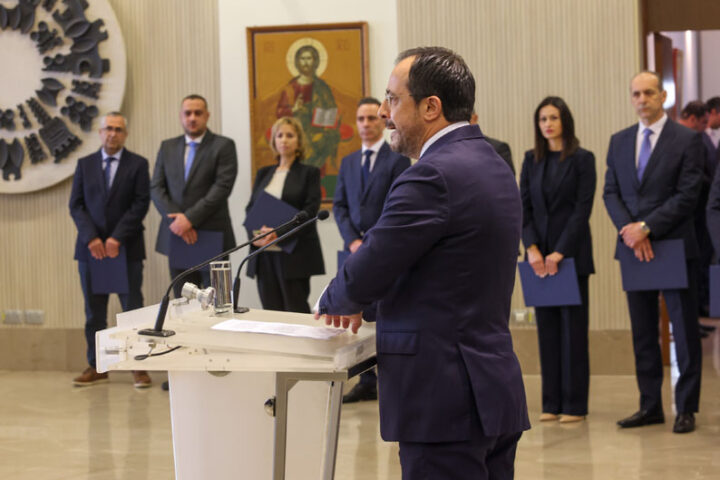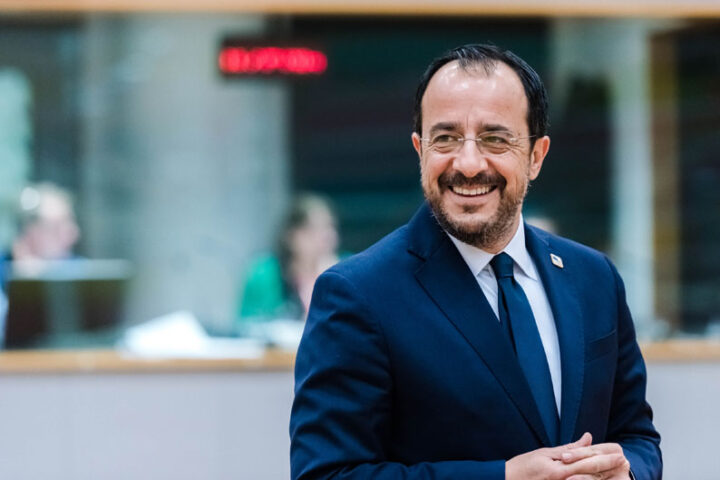Nicos Anastasiades’ reshuffle is a clear indication that, halfway into his second term, the president is keen to embark on ribbon-cutting exercises than leave a legacy of peacemaker and economic saviour.
The line-up of the new cabinet, perhaps Anastasiades’ last major reshuffle, was not surprising, despite the official rhetoric from the Palace that the selections were “his own”, thus admitting that all previous appointments were influenced by others.
It also seems to be payback for favours, which makes one wonder how many favours does Anastasiades still owe and how many more skeletons does he have in his closet.
Appeasing the female electorate by installing a minister for justice, who must have been promised the job from the previous reshuffle, and promoting the junior minister for shipping to the government’s biggest portfolio of energy, the president also placed a trusted person in the Attorney General’s office and a younger lawyer, until recently the soft-spoken Defence Minister, as Assistant AG, a job he will keep for two score years.
Another loyal soldier became Minister of Defence, thus vacating the office of Anglandjia mayor.
With two former mayors now in the administration, anticipating the merger of municipalities that will result in fewer town halls and local chairs to fill following party affiliations.
But should women voters be content with the ratio in the facelifted administration? Hardly.
Considering the head of the European Commission, who has brought a new dynamic to Brussels, was previously Germany’s Defence Minister, with women heading this portfolio in many other states with a major military tradition, what stopped Anastasiades from appointing a woman to this post?
More so, why did the president not take the great leap and evenly split his cabinet among men and women?
The new Deputy Minister for Shipping caught us all off guard because where Anastasiades would have appointed someone in exchange for favours, he appointed a competent person from within the industry.
A leading Eurocrat with a strong background in transport issues in Brussels, who was clearly endorsed (if not proposed) by the island’s seafaring community.
After all, that is why a leading personality in the maritime sector told this newspaper that Vassilis Demetriades was “an excellent choice and an excellent person”.
The economy seems to be on automatic pilot, with state coffers fast drying of cash, only to be bailed out by aid from the European Union, only this time we are not the ‘bad boys’ because all of the EU is in this boiling cauldron together.
Which is why certain sectors are being fast-tracked to reactivate quickly, to ensure that civil servants’ payrolls will be secured during the next few months.
After that, Anastasiades can always blame “external factors”, such as the coronavirus pandemic, for everything that will go wrong, with partial blame also directed at the opposition parties for not supporting the government’s furlough programme in time.
Then again, depending on the outcome of the Turkish Cypriot elections and if Mustafa Akinci loses at the Ankara-directed polls, will this be the final nail in the coffin of the Cyprus Problem?
That will satisfy a lot of people, perhaps even half of Anastasiades’ administration, not realising that a non-solution is a no-brainer for the future of this island.
With no one seen as a game-changer in the new administration, this leaves Foreign Minister Nicos Christodoulides with the all-clear to pursue greater aspirations once the president’s term ends in 2023.
But this administration has serious challenges ahead, such as being able to deliver us from a world ravaged by coronavirus.










